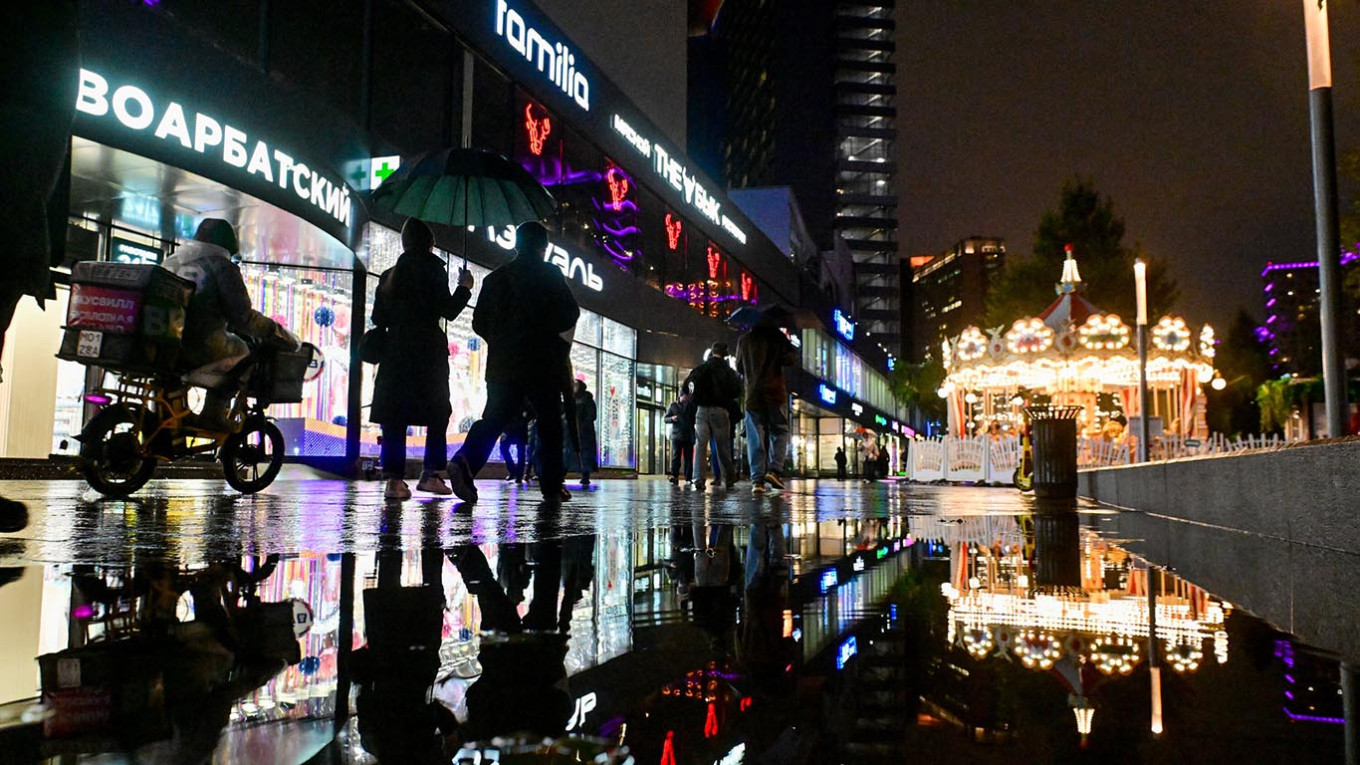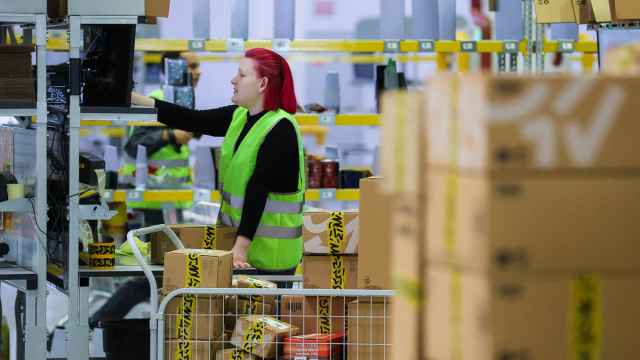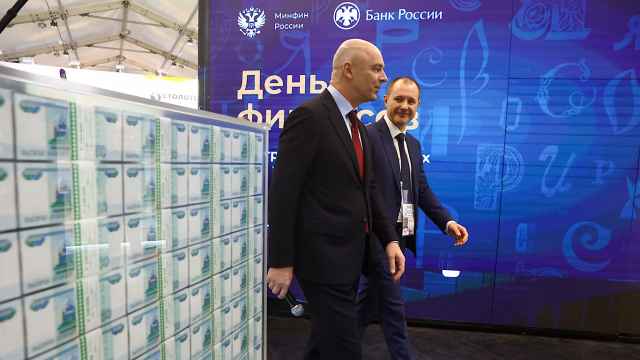A majority of Russian entrepreneurs plan to raise prices in response to upcoming tax increases while others say they may turn to informal practices to offset the impact, according to a survey by the business association Opora Rossii.
About 70% of 13,000 business owners surveyed said they would increase prices for goods and services, while the rest said they would either go underground or use tax optimization schemes, the group’s executive director Andrei Shubin said Wednesday.
Speaking at a forum hosted by the Russian Chamber of Commerce and Industry, Shubin added that entrepreneurs’ main grievance was the government’s lack of dialogue with businesses in developing the new tax policy.
The government’s draft federal budget, which is now being considered by the State Duma, proposes raising the value-added tax (VAT) rate from 20% to 22% starting Jan. 1, 2026.
It would also lower the annual revenue threshold for VAT payments from 60 million to 10 million rubles, effectively ending exemptions for many small businesses operating under the simplified taxation system (STS).
According to the latest available data from the Economic Development Ministry, Russia had 6.35 million small and medium-sized enterprises (SMEs) in 2023, 96% of which were microbusinesses earning about 13 million rubles per year.
Federal Tax Service data show that STS payers contributed 1.32 trillion rubles in taxes in 2024, with 4.48 million registered users of the system.
The threshold for VAT exemption was already lowered from 250 million to 60 million rubles in 2025.
Lawmaker Alexei Nechayev, head of the New People party’s Duma faction, urged Finance Minister Anton Siluanov to reconsider the plan to reduce the STS threshold further to 10 million rubles and to amend the budget bill before its second reading.
Following that appeal, officials started discussing a staggered model for gradually lowering the revenue threshold and phasing businesses from STS to the general tax regime, sources told the RBC news website.
Under the latest proposal, the STS threshold would drop to 30 million rubles in 2026, 20 million in 2027 and 10 million in 2028.
The change would affect around 200,000 entrepreneurs next year and is expected to generate an additional 200 billion rubles ($2.2 billion) in revenue for the state budget.
A Message from The Moscow Times:
Dear readers,
We are facing unprecedented challenges. Russia's Prosecutor General's Office has designated The Moscow Times as an "undesirable" organization, criminalizing our work and putting our staff at risk of prosecution. This follows our earlier unjust labeling as a "foreign agent."
These actions are direct attempts to silence independent journalism in Russia. The authorities claim our work "discredits the decisions of the Russian leadership." We see things differently: we strive to provide accurate, unbiased reporting on Russia.
We, the journalists of The Moscow Times, refuse to be silenced. But to continue our work, we need your help.
Your support, no matter how small, makes a world of difference. If you can, please support us monthly starting from just $2. It's quick to set up, and every contribution makes a significant impact.
By supporting The Moscow Times, you're defending open, independent journalism in the face of repression. Thank you for standing with us.
Remind me later.






